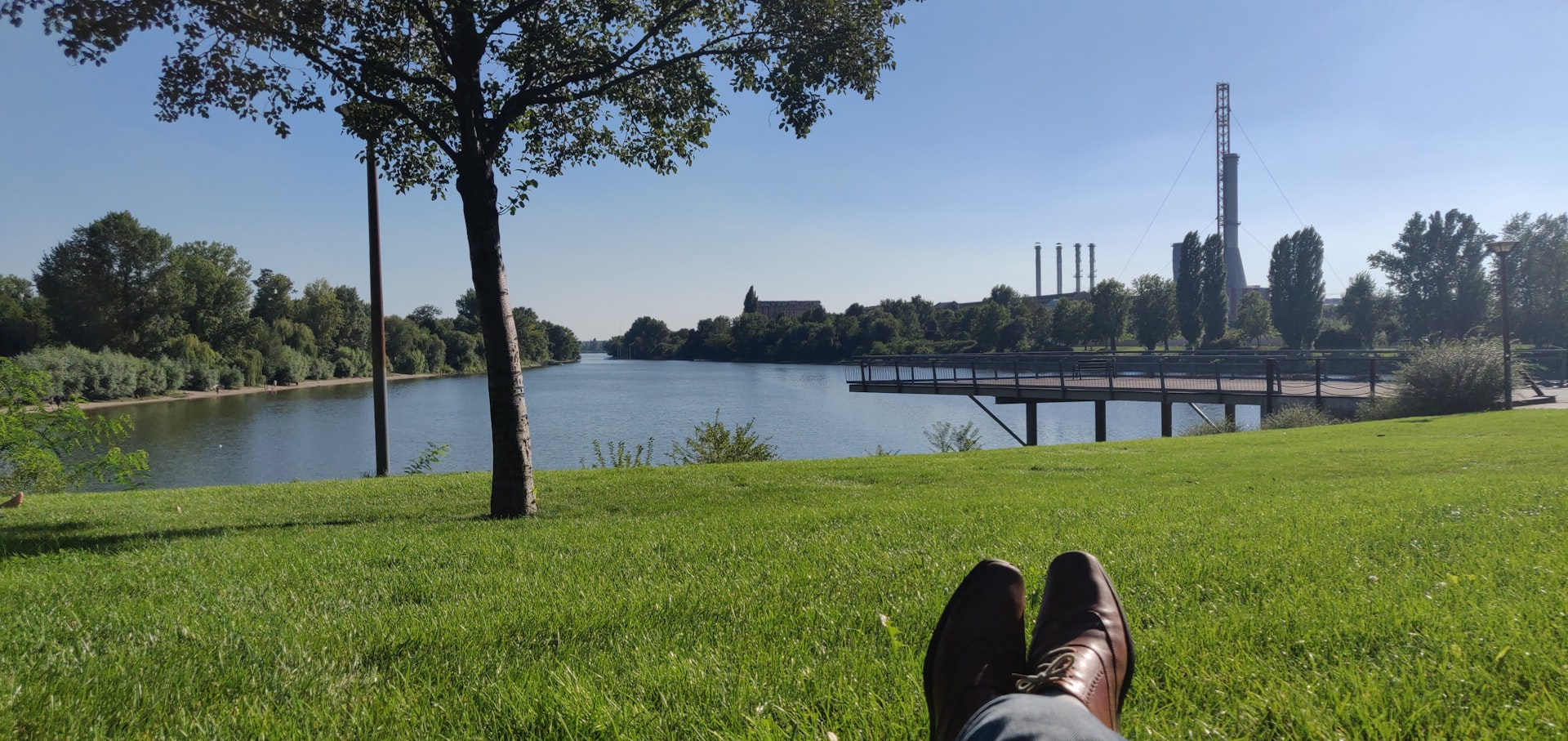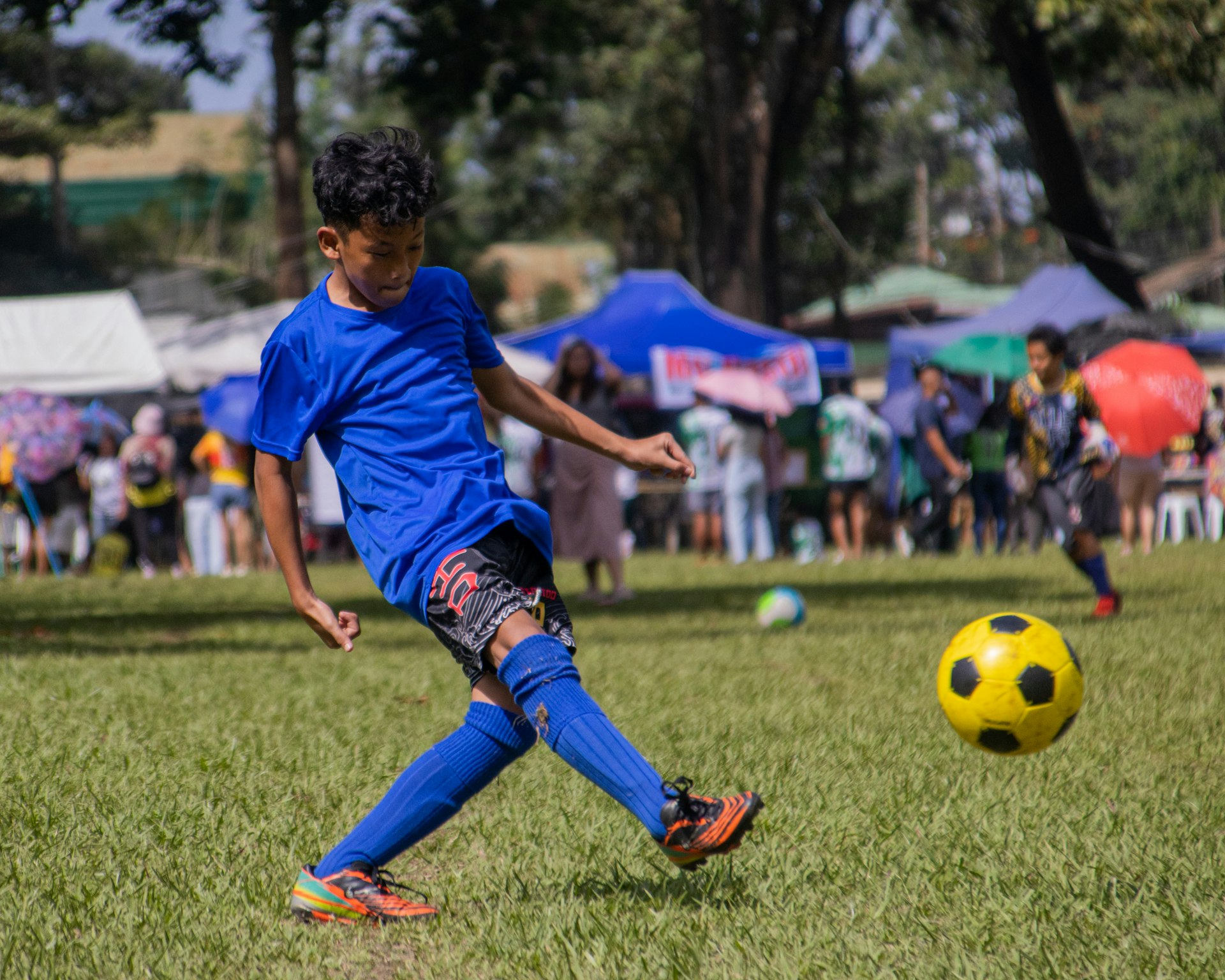Unlocking Athletic Potential: The Proven Benefits of Mindfulness Meditation for Sports Performance and Wellbeing

Photo by Michał Parzuchowski on Unsplash
Introduction: Mindfulness Meditation as a Game-Changer for Athletes
In today’s competitive sports landscape, athletes are increasingly turning to mindfulness meditation to boost performance, sharpen focus, and protect their mental health. Extensive scientific research now supports the powerful benefits of mindfulness-based practices for athletes of all ages and levels. This article explores the mechanisms, outcomes, and practical steps for integrating mindfulness meditation into athletic training, drawing on current peer-reviewed evidence and expert recommendations.
What Is Mindfulness Meditation?
Mindfulness meditation is a practice that cultivates present-moment awareness and acceptance of thoughts, sensations, and emotions without judgment. For athletes, this means learning to observe internal and external experiences as they arise, which can lead to significant improvements in attention, stress management, and emotional regulation [4] .
Key Benefits for Athletes
1. Enhanced Focus and Attentional Control
Mindfulness training helps athletes maintain concentration on task-relevant cues, minimizing distractions during practice and competition. Studies show that mindfulness meditation increases sustained attention and attentional control, which are critical for peak performance [3] . Real-world example: Football players who practiced mindfulness reported better ability to tune out crowd noise and focus on their play execution [2] .
2. Reduced Stress and Anxiety
Athletes face immense psychological pressure from competition, training, and personal expectations. Mindfulness meditation has been proven to reduce anxiety, perceived stress, and depression among athletes, as confirmed by multiple randomized controlled trials and meta-analyses [3] , [2] . For example, collegiate rowers who engaged in an eight-week mindfulness program showed significant reductions in stress and improved sleep quality [2] .
3. Improved Performance and Endurance
Evidence indicates that mindfulness meditation can increase endurance and overall athletic performance . A study found that trained athletes who completed a five-week mindfulness program had longer exhaustion durations and improved accuracy in cognitive tasks related to sport performance [1] . Such gains are attributed to better movement control and flow states, allowing athletes to perform at their optimal level.
4. Enhanced Psychological Wellbeing and Resilience
Mindfulness meditation fosters psychological flexibility, self-esteem, and resilience-key factors for coping with setbacks and maintaining motivation. Research on young athletes confirms significant improvements in self-esteem and resilience following mindfulness training [2] . Athletes report feeling better equipped to bounce back from defeats and handle emotional challenges on and off the field.

Photo by Daoud Abismail on Unsplash
5. Better Sleep and Recovery
Quality sleep is essential for athletic recovery and performance. Mindfulness meditation has been linked to improved sleep quality and duration among athletes, likely due to reduced stress and anxiety levels [3] . Enhanced sleep contributes directly to faster recovery and reduced injury risk.
Mechanisms Behind Mindfulness Benefits
Mindfulness meditation influences both physiological and psychological processes. Physiologically, it can lower cortisol (stress hormone) levels, reduce heart rate variability, and promote relaxation [1] . Psychologically, it enhances cognitive flexibility, emotional regulation, and self-awareness, all of which are critical for high-pressure athletic environments [4] .
Real-World Case Studies
Elite football players sustained attentional control and mindfulness skills through regular meditation, leading to more consistent performance under pressure [3] . Collegiate rowers reported improvements in coping skills and psychological wellbeing after participating in structured mindfulness programs [2] . Research also highlights that even short, mobile-based interventions can yield measurable benefits for young athletes, including enhanced resilience and reduced mental health symptoms [2] .
Implementing Mindfulness Meditation in Athletic Training
To integrate mindfulness meditation into your athletic routine, consider the following steps:
- Start with short, guided sessions (5-10 minutes daily), focusing on breathing and body awareness.
- Gradually increase session duration and incorporate exercises such as body scan, mindful movement, and visualization.
- Use mobile applications or online resources with proven efficacy (search for “mindfulness meditation apps for athletes” on official app stores or review sites).
- Consult with certified mental performance coaches, many of whom offer mindfulness training adapted for athletes; for referrals, contact your local sports association or university athletic department.
- Join group workshops or team mindfulness programs offered by reputable organizations. Inquire with your team manager or regional sports authority for available programs.
Challenges such as skepticism or time constraints are common. To overcome these, athletes are encouraged to start with brief sessions and focus on practical performance outcomes. Coaches can facilitate buy-in by sharing scientific evidence and success stories from other athletes.
Alternative Approaches and Additional Resources
Besides traditional mindfulness meditation, athletes can explore Mindfulness-Acceptance-Commitment (MAC) training, Mindfulness-Based Stress Reduction (MBSR), and Mindfulness-Based Cognitive Therapy (MBCT), which have shown effectiveness in sports contexts [3] . For official programs, search for “mindfulness for athletes” in your national sports medicine association or consult with certified sports psychologists who specialize in mindfulness interventions.
Summary: Key Takeaways
Mindfulness meditation is a scientifically validated method to enhance athletic performance, focus, and wellbeing. Athletes who adopt mindfulness practices experience tangible benefits, including improved attention, reduced stress, better sleep, and greater resilience. By following structured guidance and seeking out reputable programs, athletes can unlock their full potential and sustain peak performance in both sport and life.
References
- [1] Nien JT et al. (2020). Mindfulness Training Enhances Endurance Performance and Executive Functions in Athletes.
- [2] Lee YH et al. (2024). Mobile-based Mindfulness Meditation Intervention’s Impact on Young Athletes.
- [3] Wang Y et al. (2023). Effects of Mindfulness-Based Interventions on Promoting Athletic Performance and Wellbeing.
- [4] IMG Academy (2024). Meditation for Athletes: How to Begin Enhancing Focus.
MORE FROM dealdetectivepro.com













